Charles de Gaulle rose from a French soldier in World War I to an exiled leader and eventually president of the French Republic, in that position until 1969. De Gaulle's time as commander in World War II would later affect his political career. His time as president was marked by student and labor uprisings in 1968, to which he responded with an appeal to the civil order.
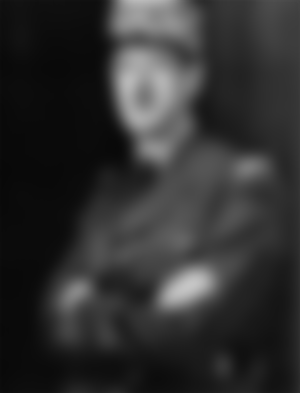
Early life and military career
The son of a professor of philosophy and literature, the famous French leader de Gaulle was born on November 22, 1890, into a patriotic and devout Catholic family. He was a well-educated and well-read child. He dreamed early of being a military leader. He enrolled in the highest military academy in the country, Saint-Cyr, in 1909. In 1912 he completed his studies and joined the infantry regiment commanded by Colonel Philippe Pétain, in the rank of lieutenant.
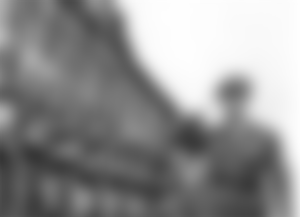
During World War I, de Gaulle distinguished himself on the battlefield. He was wounded twice and received a medal for his service. Promoted to captain. He fought in one of the deadliest conflicts in the war - near Verdun - in 1916. He was wounded during the fight and then captured. After several failed escape attempts, de Gaulle was released at the end of the war. A bright and skilled soldier, after the war he enrolled in a special training program at the École Supérieure de Guerre. He later served in the French Supreme War Council. Gaining some international experience, de Gaulle resided in Germany and the Middle East.
Also an astute writer, de Gaulle explored a number of military issues in his books. He published his examination of Germany, La Discorde chez l'ennemi, in 1924. Another important book was Vers l'armée de métier (1932), in which he made proposals for the creation of a better army. French military officials largely ignored this critical work, but not the Germans. According to some reports, the German army followed some of de Gaulle’s recommendations in World War II. He and his mentor, Petain, quarreled over another book, a military-historical work entitled La France et son armée (1938).
World War II

At the time of the fighting between Germany and France, de Gaulle was leading a tank brigade. He was temporarily appointed Brigadier General of the 4th Armored Division in May 1940. Continuing his professional rise, de Gaulle became the Undersecretary for Defense and War of French leader Paul Reynaud that June. Not long after, Reynauda was replaced by Pétain. Pétain’s new government, sometimes referred to as the Vichy government, struck a deal with Germany to avoid further bloodshed. The Vichy regime became notorious for collaborating with the Nazis.
A devoted patriot, de Gaulle did not accept the surrender of France to Germany in 1940. He instead fled to England, where he became the leader of the Free France movement, with the support of British Prime Minister Winston Churchill. From London, de Gaulle sent a message to his compatriots across the English Channel, urging them to continue to resist German occupation. He also organized soldiers from the French colonies to fight alongside Allied troops.
De Gaulle sometimes irritated other Allied leaders with his demands and perceived arrogance. U.S. President Franklin D. Roosevelt reportedly could not stand it. In fact, at the end of the war, de Gaulle was deliberately left out of the Yalta conference while Germany negotiated its surrender. He did, however, secure for his nation an occupation zone in Germany and a seat on the United Nations Security Council. De Gaulle enjoyed widespread support at home and in 1945 became president of the Provisional French Government. In a dispute over greater executive power in the country, de Gaulle resigned from the post.
For several years de Gaulle led his own political movement, the Rally for the French People, which did not gain much momentum. He retired from politics in 1953 before returning to become president in 1959.
President of the Fifth Republic
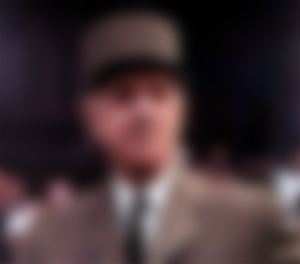
The French government, known as the Fourth Republic, began to collapse in the late 1950s, and de Gaulle returned to public service to help his country. He helped form the country’s next government, becoming its president in January 1959. Establishing the French Fifth Republic, de Gaulle devoted himself to improving the economic situation in the country and maintaining its independence. He sought to keep France separate from the two superpowers - the United States and the Soviet Union. To demonstrate France’s military importance, de Gaulle successfully campaigned for the country to continue its nuclear weapons program.
De Gaulle was not afraid to make controversial decisions. After dealing with the uprisings in Algeria for years, he helped the French colony achieve independence in 1962. The move was not widely popular at the time. De Gaulle supported the idea of a united Europe, but he wanted Europe to be free from the influence of superpowers. He fought to keep Britain out of the European Economic Community because of its close ties with the United States. In 1966, De Gaulle also withdrew the power of his country from the North Atlantic Alliance (NATO), acting again on the basis of his concerns with the United States. For some, De Gaulle acted like an anti-American. Although some measure was, it seemed that his actions really reflect his deep nationalist attitudes.

Sometimes irrelevant and unforgiving, De Gaulle almost saw that his government was demolished by student and workers protests. He managed to establish a row in the country, but soon after that he left the authority after the battle around political and economic reforms. In April 1969, De Gaulle resigned to the president's position.
Death and legacy
After resignation, De Gaulle withdrew to his home in Colombey-les-deux-eglises. He had little time to enjoy the peaceful life of this village because he died of a heart attack on November 9, 1970. The French President George Pompidou, who worked closely with De Gaulle before he was inherited, presented the terrible news of the public, saying " General de Gaulle was dead France was mourned by the loss of his famous statesmen and the army; the country lost one of his greatest heroes - heroes who experienced his people through the war and proved to be an instrument in recovering his country.
The other world leaders said the words of praise for De Gaulle. Queen Elizabeth II said that his "courage and persistence in allied things during the dark years of the Second World War would never be forgotten". Two US Presidents, Lyndon B. Johnson and Harry S. Truman, also sent the condolences to the citizens of France. President Richard Nixon was among foreign distances who attended a special service for De Gaulle, held shortly after his death, at the Notre Dame Cathedral in Paris

Charles de Gaulle was buried in Colombey-Les-Deux-Églises, in a simple grave next to his daughter who died earlier than lung inflammation aged only twenty years (she had Down's syndrome). Later, his wife Yvonne was buried, with which Charles spent almost fifty years married.
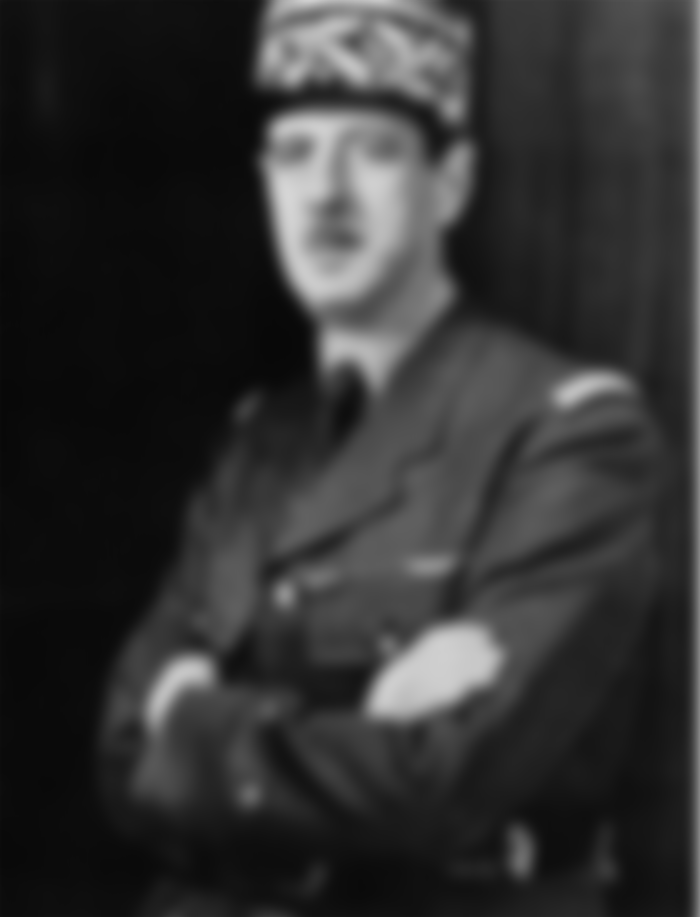
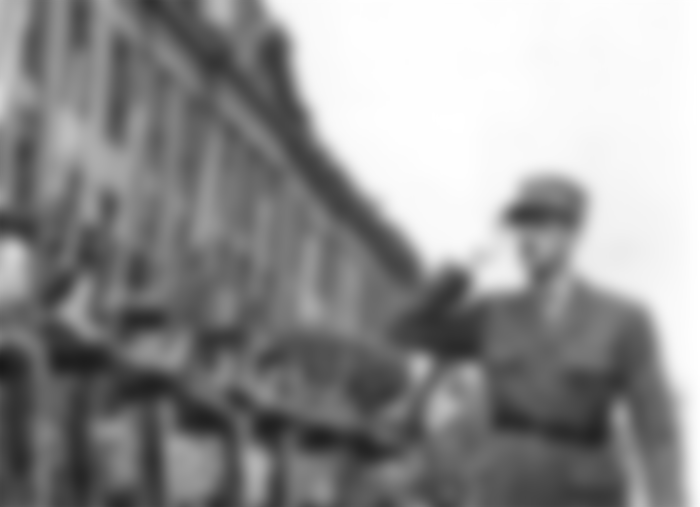
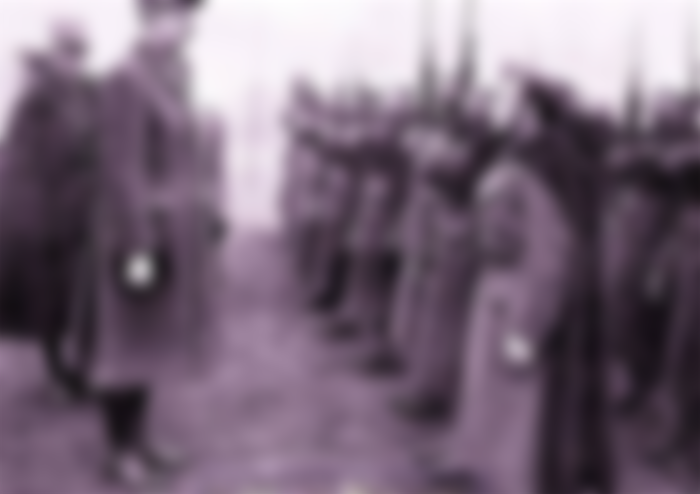
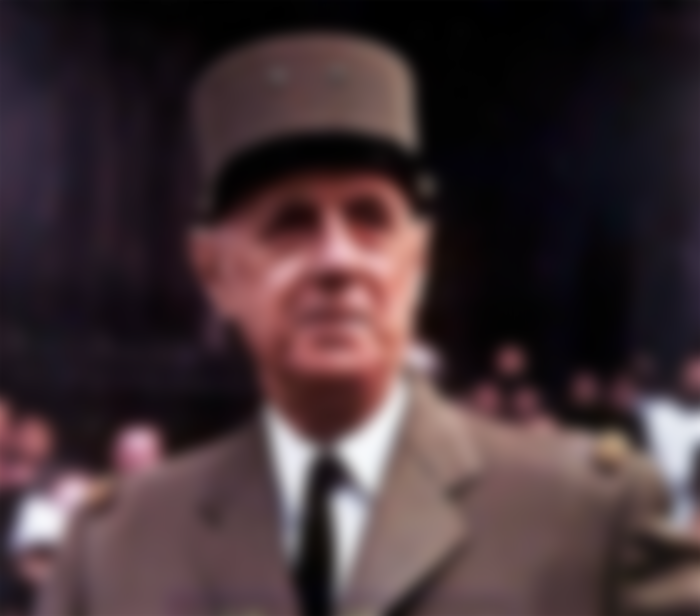
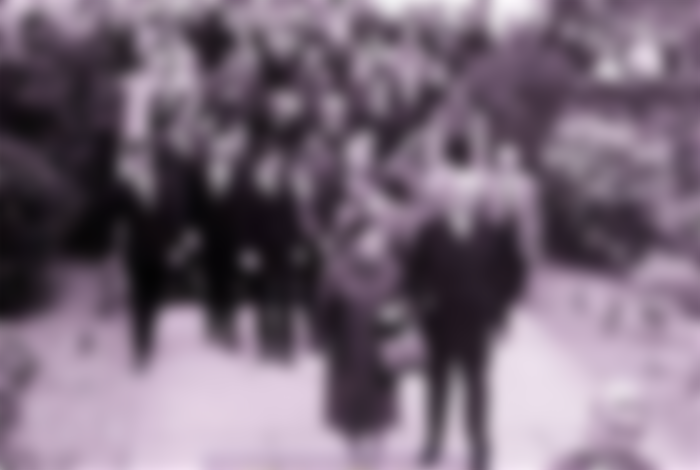
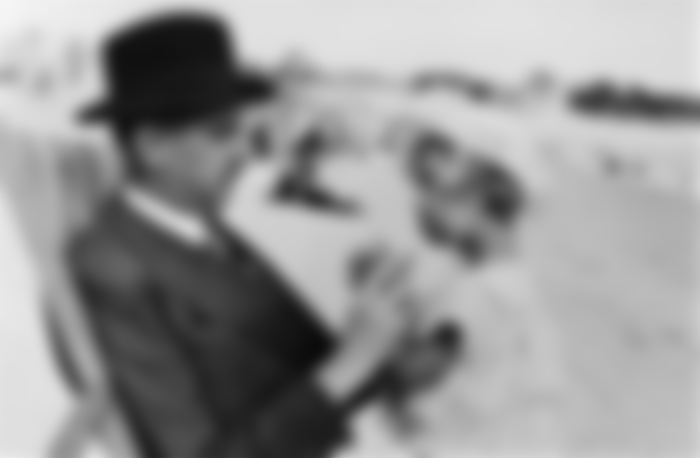
This was an interesting read, I never heard of him before. Soldiers like him should be remembered especially when you consider his contributions to the French government. I will admit, I admire his stern and stiff personality that often angered other leaders but then again, he was the leader France needed. I'm going to do further research into the subject.